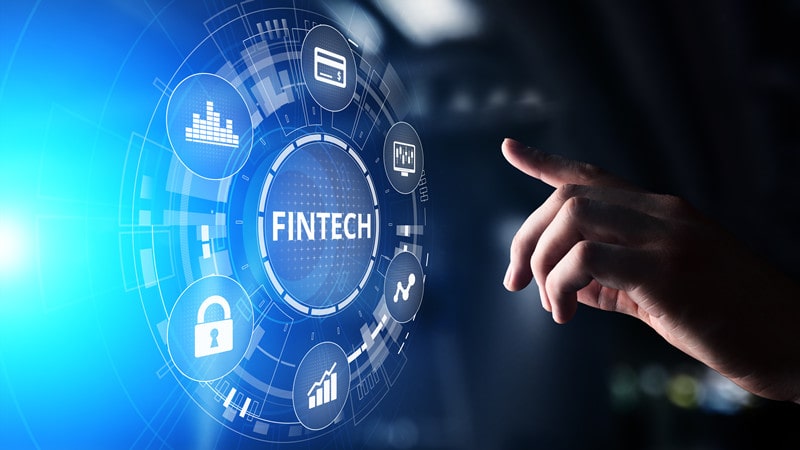Experiential learning in business education is a teaching methodology beyond traditional classroom instruction, immersing students in real-world business scenarios and challenges. This hands-on approach equips students with practical skills and insights, preparing them for the complexities of today’s business environment.
By integrating theory with practical application, experiential learning bridges the gap between academic concepts and real-world application, offering a comprehensive educational experience. Let’s delve into the essence of experiential learning in business education and its pivotal role in preparing students for the challenges they will face professionally.
Understanding Experiential Learning
Experiential learning in business education involves active student engagement in learning opportunities through doing and reflection. This method can include internships, simulations, entrepreneurship projects, and consulting for real businesses. It’s grounded in the principle that students learn best when they can apply what they’ve learned in a practical, real-world context.
This approach reinforces theoretical knowledge and develops critical thinking, problem-solving, and decision-making skills essential for business success. Students understand business operations, market dynamics, and organizational behavior through experiential learning, providing a solid foundation for their future careers.
As students engage in internships, simulations, and real-world projects, they often encounter complex concepts and challenges that require deeper analysis and understanding. Professional assignment help online services provide the necessary support, offering guidance on integrating theoretical knowledge with practical experiences. This assistance ensures that students apply what they’ve learned in a real-world context and effectively articulate their insights and solutions in their academic work.
Enhancing Employability Skills
One of the critical benefits of experiential learning is its significant impact on students’ employability skills. Students develop competencies by engaging in real-world projects and scenarios, including leadership, teamwork, communication, and adaptability.
Employers value these skills and can set students apart in the competitive job market. Experiential learning also allows students to build a professional network, gain industry insights, and understand workplace culture, further enhancing their employability and readiness for future roles.
Fostering Innovation and Entrepreneurial Thinking
Experiential learning encourages students to think creatively and embrace innovation. Projects such as startup simulations or developing business plans challenge students to identify opportunities, think strategically, and apply innovative solutions to complex problems. This entrepreneurial mindset is crucial for success in today’s fast-paced business world, where adaptability and innovation drive growth. Experiential learning prepares students to enter and shape the business world by cultivating these qualities.
Developing Emotional Intelligence
Another significant aspect of experiential learning is its role in developing emotional intelligence (EQ) among students. Interacting with peers, faculty, and industry professionals in real-world scenarios helps students enhance their self-awareness, empathy, and interpersonal skills.
High EQ is essential for effective leadership, teamwork, and navigating the complexities of organizational dynamics. Through experiential learning, students learn the importance of emotional intelligence in business, setting the foundation for successful careers and personal growth.
Preparing for Real-world Challenges
Ultimately, experiential learning in business education aims to prepare students for the real-world challenges they will face in their careers.
By simulating business environments and providing hands-on experiences, this approach equips students with the tools to tackle problems head-on, make informed decisions, and confidently lead. Experiential learning ensures that graduates are knowledgeable, adaptable, innovative, and emotionally intelligent professionals ready to contribute meaningfully to their organizations and society.
In Conclusion
Experiential learning in business education is a transformative approach that prepares students for the complexities of the modern business landscape. By blending theoretical knowledge with practical application, enhancing employability skills, fostering innovation, and developing emotional intelligence, experiential learning equips students with the comprehensive skill set needed to navigate and excel in their future careers.
This indispensable part of business education actively shapes well-rounded, capable professionals, preparing them to confidently and creatively meet the challenges of the real world.




